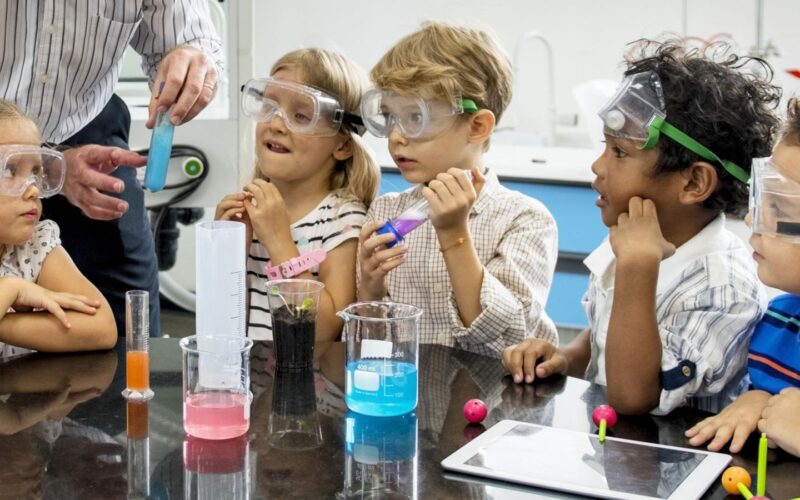A basic science curriculum course lasts over five semesters for most MD programs available in the Caribbean. Starting with lectures, lab-based teaching, and research, the curriculum is designed to provide the best possible foundation for the students in their medical careers ahead. The curriculum also prepares students by providing hands-on clinical experience to the students – – at local hospitals or clinical settings to prepare them for their future careers as physicians.
Each university has a tailor-made course structure for its students. But the core content of the course remains more or less the same in accordance with the USMLE guidelines even on different campuses. Without further delay, let’s take a look at the primary topics of the abasic science curriculum.
TOPICS
| Anatomy, Embryology | Anatomy, as is suggestive of the name, is about studying and understanding human anatomy. Embryology deals with fertilization and the formation of embryos. A section called special embryology teaches organ formations and malformations. |
| Histology | This course deals with the study of microscopic human anatomy – cells and tissues and some organs. The emphasis of this course lies in the respective functions and clinical significance of the same. |
| Physiology | Concepts and principles of physiology and their clinical implications in case of relevant diseases are taught in this course. |
| Neurosciences | The anatomy of the nervous system and its role in clinical practices are the main components of this course. The pathological and physiological roles of nerves and neurons in clinical practice make up the rest of the course. |
| Biochemistry and genetics | The basic components of biochemistry (amino acids, carbohydrates, enzymes, nucleotides, proteins, lipids et al.) and the biochemical aspects of major bodily functions and organs are the main constituents of the Biochemistry course. Nutrition is taught to round the course up holistically. A comprehensive list of concepts and principles of genetics is taught in the course of Genetics. Added emphasis is put on the significance of genetics in clinical practices. DNA technology and molecular genetics make up the rest of the course. |
| Pathology | The disease processes in the body and how they affect the various systems and organs of the body are the primary constituents of this course. |
| Microbiology | This course focuses on microorganisms and their relationships with the human body both in health and in disease. |
| Behavioral Science and Pharmacology | Medical psychology, medical ethics, and psychopharmacology are taught in Behavioral Science. Knowledge of how bodily functions are affected by drugs is taught in Pharmacology with the goal of preparing students for the clinical study of therapeutics. |
| Epidemiology and Biostatistics | Basic understanding and practical application of Epidemiology and Biostatistics is the goal of this course. |
The entire medical curriculum is rounded up with research scopes in Health and Medicine, Physical Diagnosis and Clinical Medicine, Clinical Correlation of Basic Science, and Basic Science review course.
Now that you know what makes a good basic science curriculum, you can enroll yourself in a good program to get started.
What Crucial Components Go Into Creating a Science Curriculum?
Students’ understanding and interpretation of the natural systems in the world around them is the goal of science education. Science is much more than just memorizing scientists, theories, and formulas; it is motivated by curiosity and reasoning. Science education promotes cooperation and problem-solving.
What Is the Framework for Science Education?
The science curricular model is a tool used by teachers, school administrators, teachers, curriculum writers, and policy makers to plan, execute, and evaluate the content of science curricula.
Why Is It Important to Improve Science Education?
Students get the chance to learn more about how and why things work through science education. Children can learn about their surroundings through science. Science can explain the workings of intricate systems in anything from human anatomy to modes of transportation.
What Makes a Scientific Class Interesting and Motivating?
Consider laboratories, excursions, tests, inquiry-based exercises, and design challenges! There are a ton of choices! These activities can help make science class interesting and improve the skills of many pupils.





